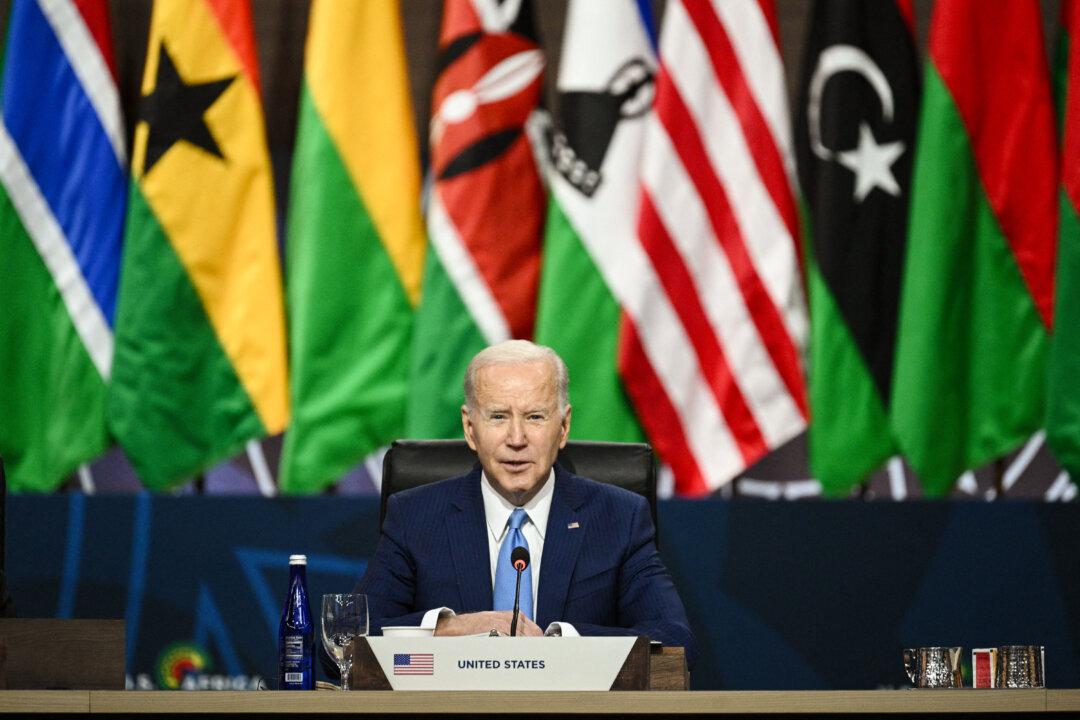President Joe Biden is traveling to Angola on Dec. 1, underscoring the U.S. commitment to strengthening ties with the African country amid increasing geopolitical competition with communist China.
According to the White House, the outgoing president’s trip aims to counter Beijing’s growing influence in the continent and lay the foundation for a new U.S. approach to Africa that will endure beyond Biden’s presidency.





